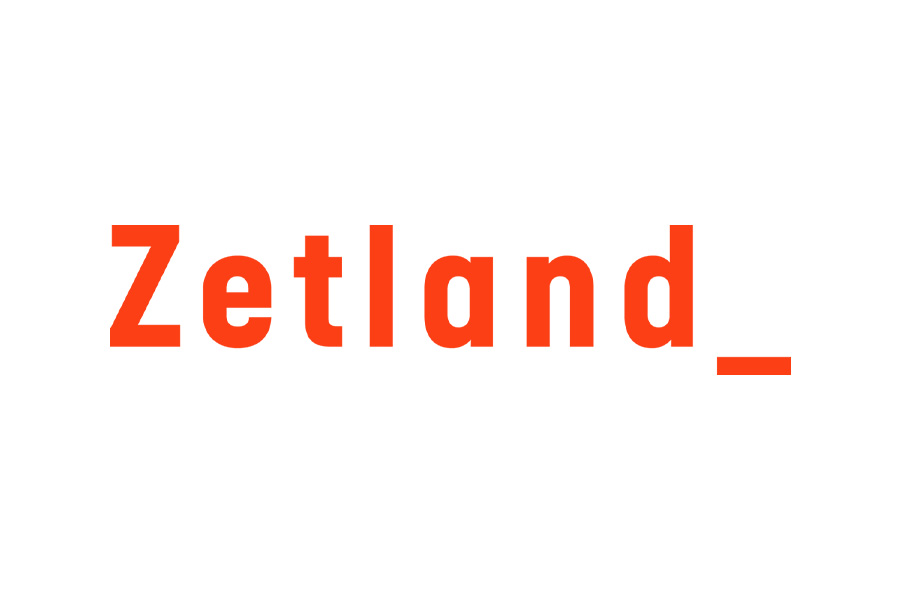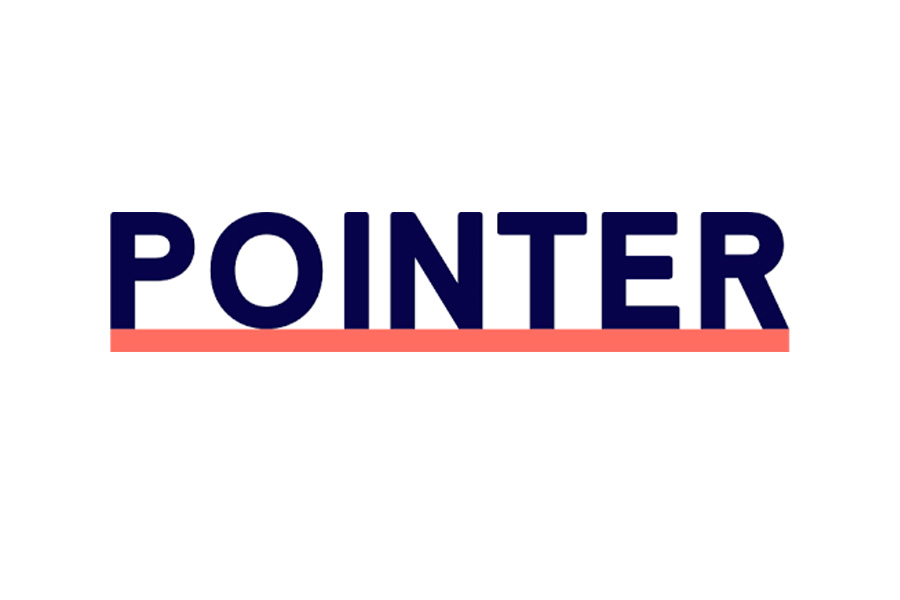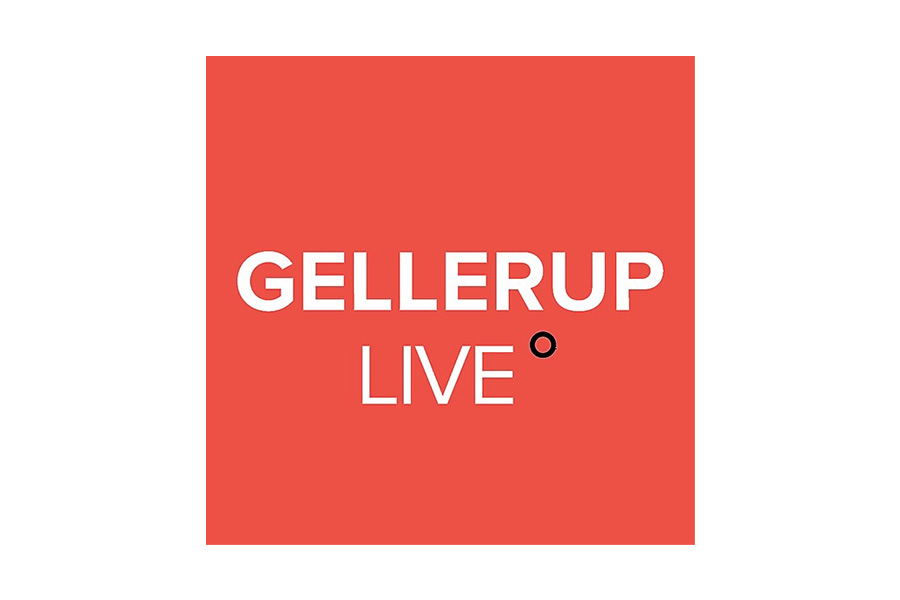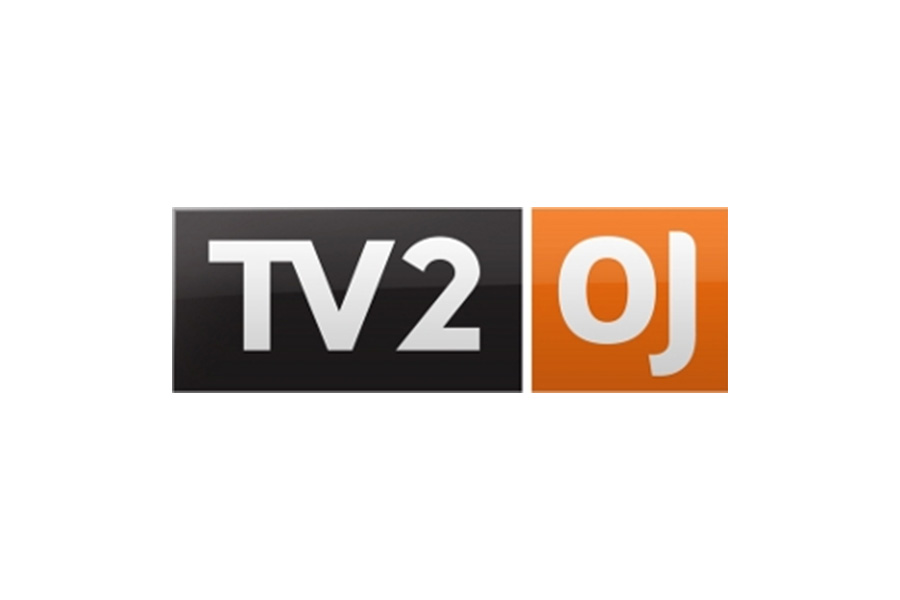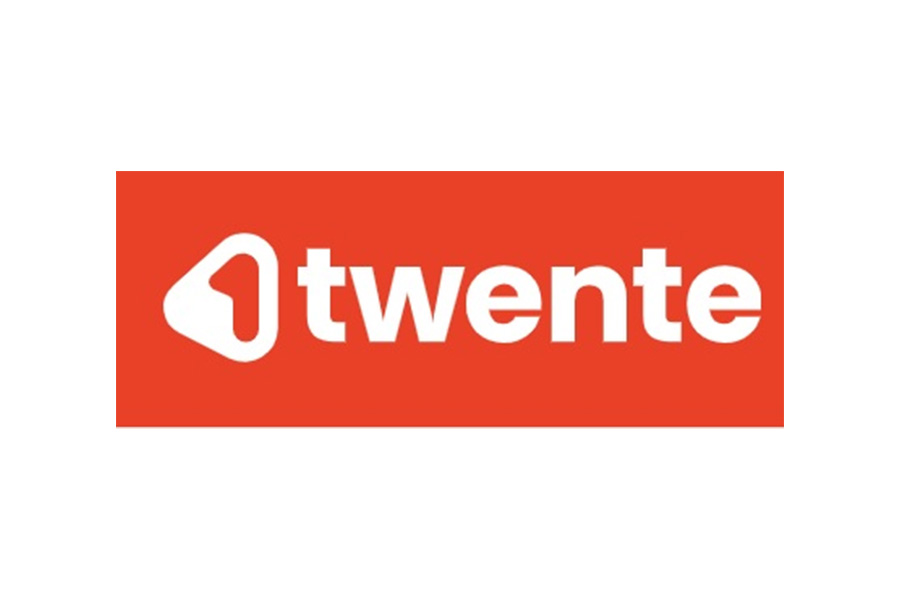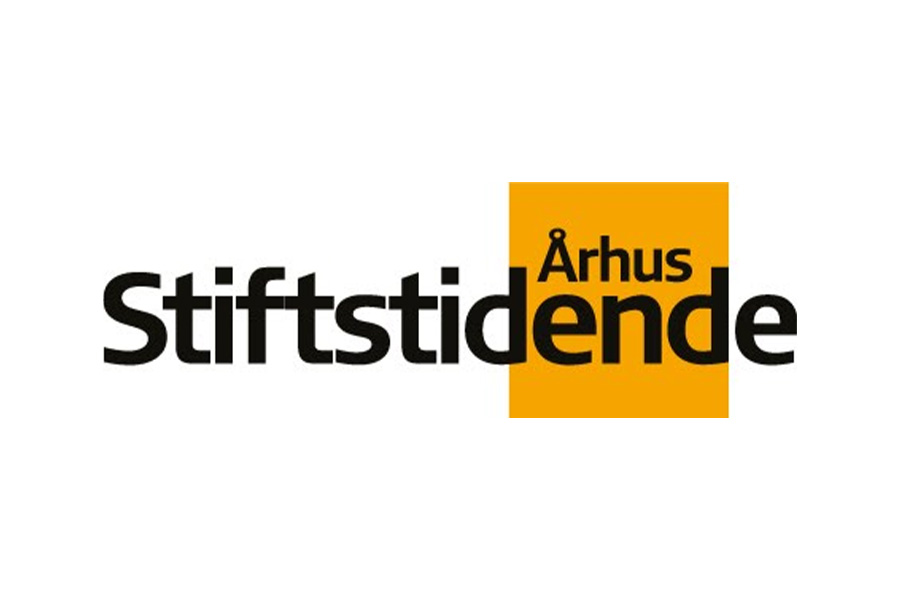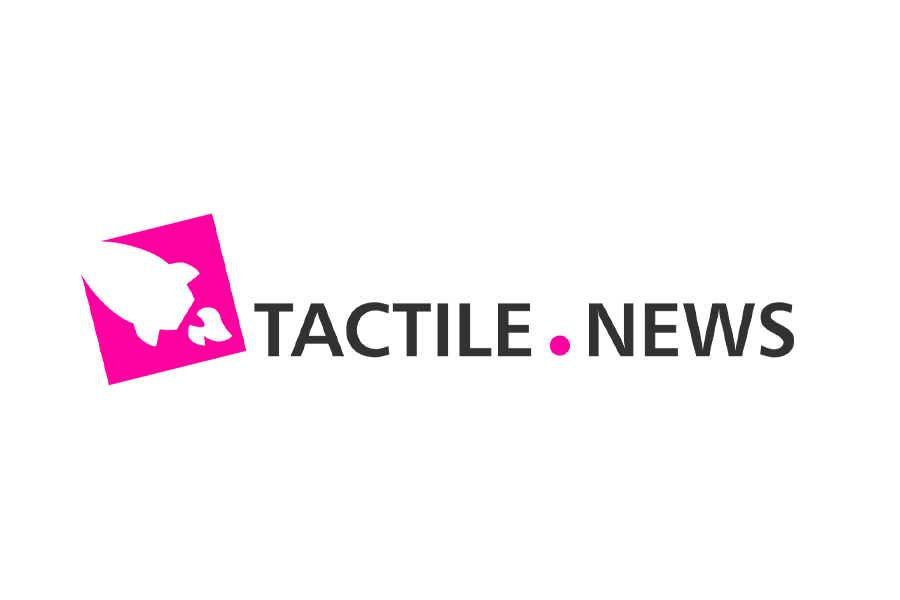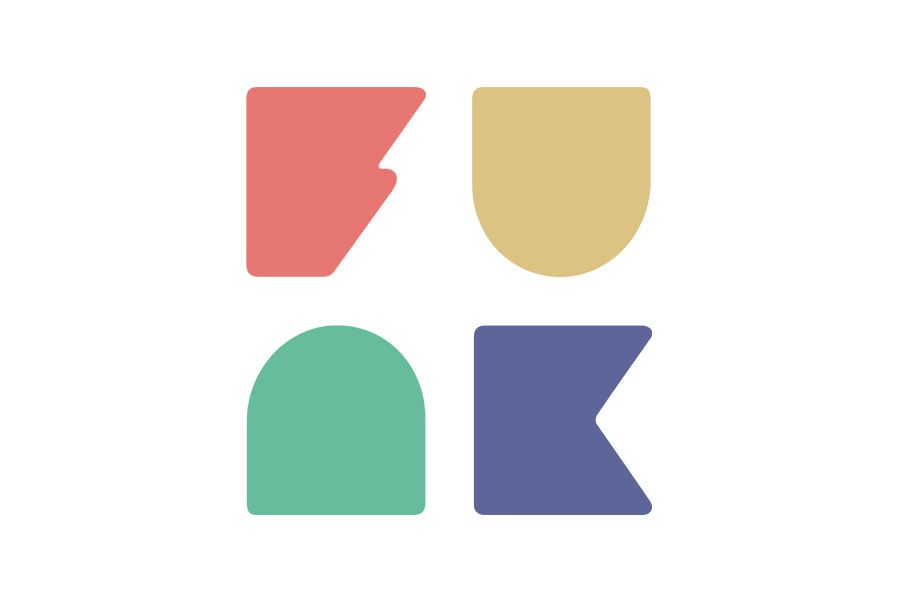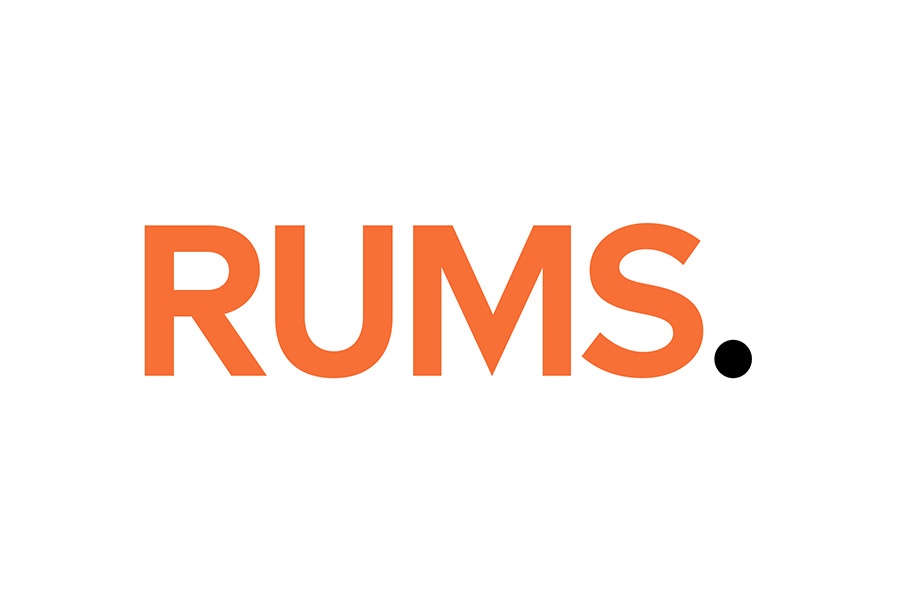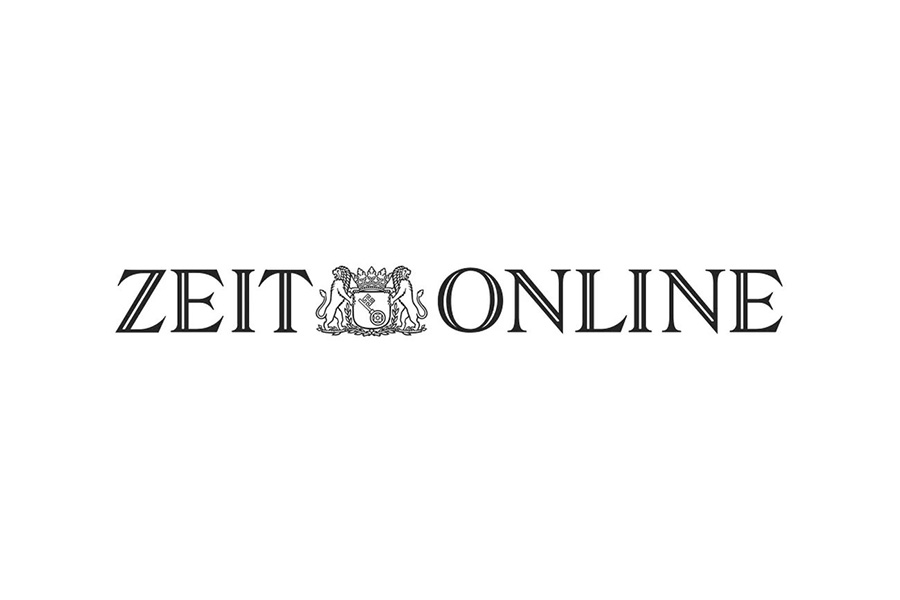Students in a conference during the workshop. | Image: Maeder
Journalists used to write for their readers. When the article was finished, their task was done. Then the internet came: Since social media at the latest, journalists have to expect to receive direct feedback from their audience every second. Together, we wanted to use exactly that to learn and try out journalism at eye level and based on dialogue. “We” are students and professors of the three partner universities.
We should actually be on our way to Zwolle, Netherlands, at the beginning of June 2020. Then, however, the coronavirus got in our way and our plans were completely overturned: There was nothing left of personal get-to-know and contact. But journalists are characterized by a high degree of flexibility – so we met online for three days instead. During the “Corona Challenge Week”, we wanted to figure out the impact of the Corona Crisis on our home cities in a constructive way.
Corona thwarted our plan to work together in person: Because we couldn’t mix the teams internationally, each country worked with its own team. We couldn’t directly and constantly exchange ideas or develop something together. That was only possible together in scheduled video conferences.
The task of the Corona Challenge Week
All three groups had the same task in their hometown: Answering the question “How is the Corona Crisis affecting Europe’s shopping streets?” Each group developed its own article with many different cross-media elements: videos, photos, graphics and diagrams. It was not easy to find people who were out at this point in the crisis and wanted to speak to us. But we still found some who were open and brave enough to talk about their business situation and personal feelings. Despite the situation, we created three articles that all have one thing in common: a timeline of the corona restrictions in its country. This allows the various actions and events to be compared.
Click here to read all of our articles.
Getting to know each other: exchange experiences
On the first day of our workshop, each team presented itself and the previous experiences and projects on dialogue-based and constructive journalism: Some had opened Facebook groups in order to offer their target group a protected framework and to collect data. Others looked for protagonists on social media and posted surveys, created new channels.
As far as the regulations in the respective countries allowed, all workshop participants met in their home universities – with cookies, snacks and coffee. Only with a much greater distance: we kept a distance from people in the universities and from our partner universities by joining video conferences all together. And like pretty much everyone in the current crisis, we often had problems with the technology: transmissions arrived with a delay, sounds echoed or did not arrive at all. Just the pitfalls of the new normal life.
